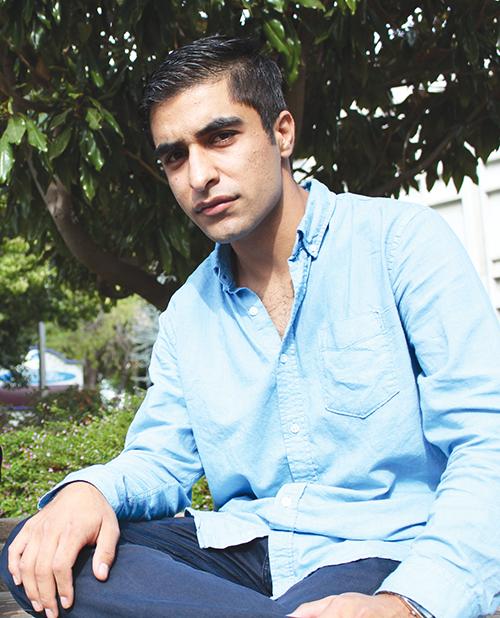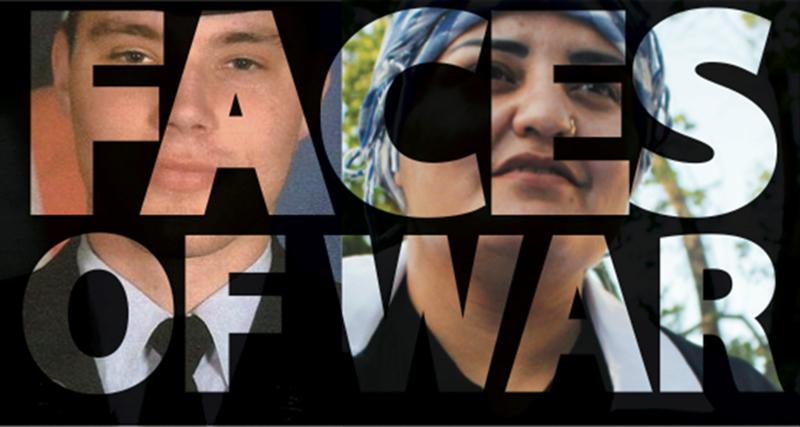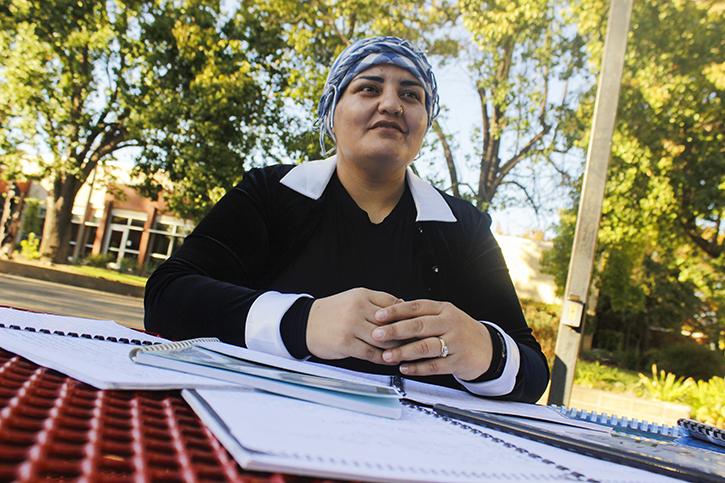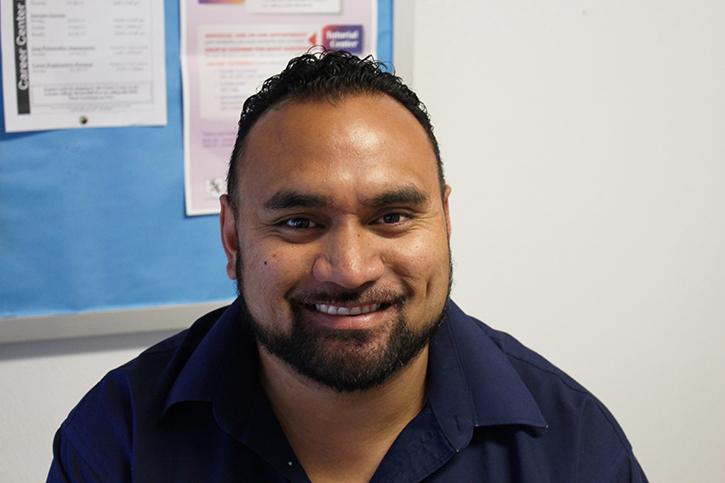The original version of this story spelled Hamed Hafezy’s first name with an i in stead of with an e.
When he first set foot in the United States, Hamed Hafezy thought he had a full ride scholarship at Kent State University in Ohio and could put years of struggle in Afghanistan behind him.
Death threats to his family back in Afghanistan and a clerical error, however, tested his new found hope.
“They threw a grenade in my home,” said Hafezy. “One of my friends called me and said ‘they put money on your head.’ ”
Around that time Hafezy, now an American River College student, was told that he had to leave Kent State because the full ride scholarship he thought he had received was for transfer students.
“They told me that ‘This is a misunderstanding from one of the admissions counselors,’ ” said Hafezy. “They told me ‘No, there is no other choice for you. Either pay $40,000 or, if not, you have to go back to your country.’ … I said (that) if I go back, they’ll kill me.”
Hafezy, who was born and raised in the Herat Province in western Afghanistan, was already teaching at the age of 16. He said it was his dream was to be educated in the United States.
“I went through school and became one of the top students in the class,” said Hafezy. “They said that if I don’t stop teaching girls, I’ll be stopped by the Taliban, by the insurgents.”
Hafezy said he was sent to be a scholar at the Afghan Embassy in India, where he met Hamid Karzai, the then-president of Afghanistan, in 2012.
“I was supposed to talk to him about problems we were facing,” said Hafezy. “I was pretty rude to him. He asked ‘what kinds of problems do you have’ and they were all like ‘no, we don’t have any problems.’
“I was like ‘No, excuse me sir, you’re the president. This is what we have, this is our problem, this is what your minister of education promised to us and he didn’t do that.’ … And he said ‘Wow.’ He said ‘You know what, I’ve never heard such a thing.’ ”
Hafezy was on the cover of Doorbin magazine in Afghanistan after the meeting and was selected for a scholarship at the University of Mumbai, which is in the most populous city in India.
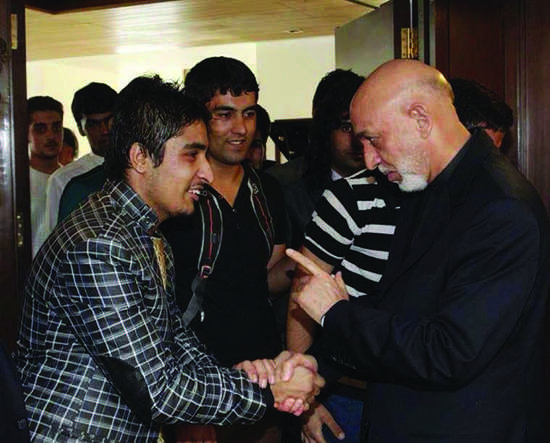
But the university was not what he expected it to be. Hafezy wanted to study in the United States, but had to return to Afghanistan to get a U.S. visa. This was dangerous considering that his family was a target.
“(The United States embassy in Afghanistan) said ‘Hey, your visa came. You have a couple of days to get your visa.’ ” said Hafezy. “I sold what I had, took the plane and went back to Afghanistan. I took the risk. I didn’t have one dollar.”
ARC student Saleem Obeidat, an American who lived in Jordan for several years, met Hafezy in his English class this semester.
“I feel like we’re too used to living in the United States to understand what the idea of America really is, especially to someone that lives in Middle Eastern or western Asian countries,” said Obeidat. “It’s a place that’s beyond paradise.”
Hafezy flew from Afghanistan to the United States and started at Kent State in August 2013.
Hafezy said his roommates were curious about him.
“(Hafezy’s roommate) told me ‘Do you smoke weed?’ I said ‘No.’ He said ‘(Why) the hell did you come to the United States?’ I said for studying and he called everyone in the dorm and everybody was laughing at me. Everyone was looking at me differently and I had broken English.”
Hafezy asked for help from professors and his roommate when he discovered that he really didn’t have a full ride scholarship to Kent State, but to no avail. That was when Hafezy decided to come to Sacramento.
“I looked up on (the) internet where I could find the most Afghans and the most diverse community and I found California,” said Hafezy. “Then I looked and ARC popped up.”
Hafezy got to and from ARC by bus from the apartment where he lived.
Hafezy has been paying the international rate for ARC students, which is $264 per unit in addition to fees according to public information officer Scott Crow.
Now, with almost enough units to transfer, he is running out of the money his family gave him.
“I cannot pay. This semester is five to seven thousand dollars on the international visa,” said Hafezy. “I cannot give up my goal. … I love trying to be educated, trying to be open minded.”


